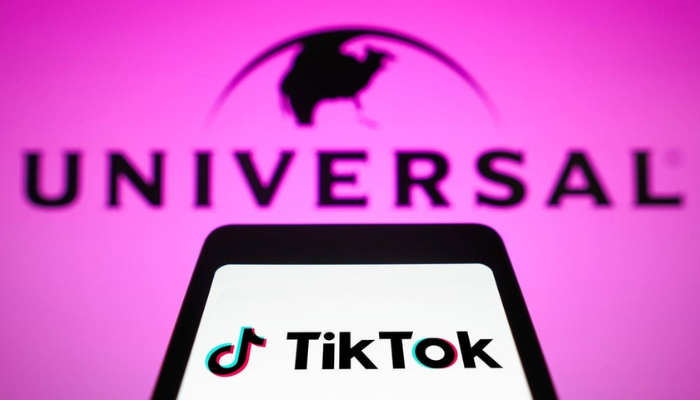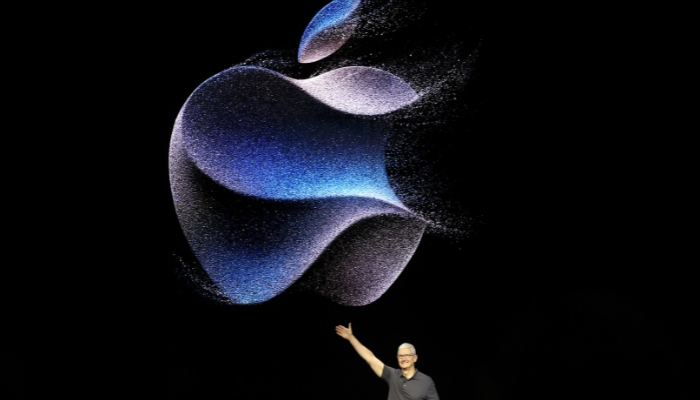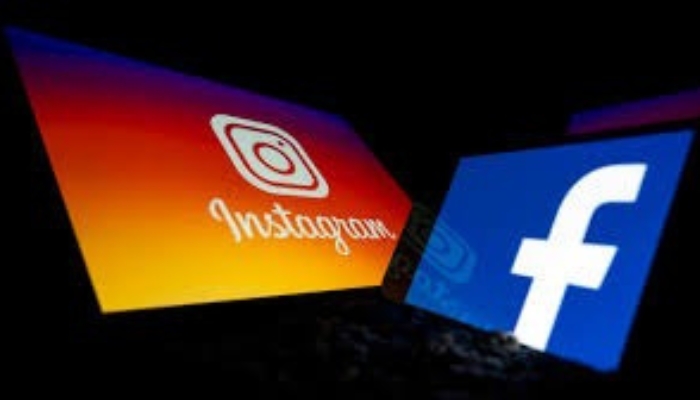
Last updated on March 23rd, 2024 at 11:11 am
UMG threatens to remove songs from TikTok, alleging unfair music rights negotiations
Universal Music Group’s agreement with TikTok is expiring soon, as the two companies have been unable to reach an agreement on various issues, including artist compensation and AI. This means that some of the world’s most popular music, including songs by artists like Taylor Swift, Harry Styles, and the newly viral hit “Murder on the Dancefloor,” will be removed from TikTok’s library.
In a strongly worded open letter titled “Why we must call Time Out on TikTok,” UMG, the largest music company in the world, accused TikTok of trying to “bully” and “intimidate” them into accepting a deal that is worth less than the previous one, significantly below fair market value, and not reflective of TikTok’s significant growth.
TikTok, which is owned by the Chinese company ByteDance, is a social media platform where users can create short-form videos, many of which feature licensed music and sound effects.
UMG’s influence in popular music is immense, as the company owns the rights to a vast array of artists, such as the Beatles, Bob Dylan, Elton John, Drake, Sting, the Weeknd, Kendrick Lamar, SZA, Ariana Grande, Justin Bieber, Adele, U2, Coldplay, Post Malone, and many others. It is the only music company to have ever held nine of the top 10 albums in the Billboard 200 music chart simultaneously, a feat it has accomplished four times.
One of UMG’s recent hits, Sophie Ellis-Bextor’s “Murder on the Dancefloor,” has gained significant popularity on TikTok. Wealthy users have been seen filming themselves dancing in luxurious settings, recreating a scene from the 2023 film “Saltburn.”
If UMG and TikTok fail to reach an agreement, all UMG songs will be removed from the platform once the current deal expires on Wednesday, confirmed a UMG spokesperson to Reuters.
In their open letter, UMG claimed that TikTok contributes “only about 1% of our total revenue,” which they argued demonstrates “how little TikTok compensates artists and songwriters, despite its massive and growing user base, rapidly rising advertising revenue, and increasing reliance on music-based content.”
During negotiations for a new agreement, TikTok proposed paying our artists and songwriters at a rate that is a fraction of what similarly situated major social platforms pay, the music company alleged.
When negotiations stalled, UMG alleges that TikTok tried to “intimidate” the company “by selectively removing the music of certain of our developing artists” while keeping bigger stars on the platform.
“TikTok’s tactics are obvious: use its platform power to hurt vulnerable artists and try to intimidate us into conceding to a bad deal that undervalues music and shortchanges artists and songwriters as well as their fans,” UMG wrote.
In a fiery response, TikTok accused UMG of putting their own greed above the interests of their artists and songwriters.
“Despite Universal’s false narrative and rhetoric, the fact is they have chosen to walk away from the powerful support of a platform with well over a billion users that serves as a free promotional and discovery vehicle for their talent,” the company said.
The fallout comes as TikTok delves further into music creation and artificial intelligence. It launched TikTok Music last year in select countries as a competitor to Spotify and Apple Music and is testing an “AI Song” feature that allows users to create songs using prompts.
UMG accused TikTok of “allowing the platform to be flooded with AI-generated recordings”. By developing tools that enable users to experiment with AI music creation, TikTok is “sponsoring artist replacement by AI,” UMG said, claiming that its only means of seeking the removal of infringing content on TikTok was a “monumentally cumbersome and inefficient process which equates to the digital equivalent of Whac-a-Mole.”
TikTok has similar agreements with music companies including Sony and Warner Music – a fact the social media company emphasized in their statement on Tuesday – but whether they share any of UMG’s concerns remains to be seen.





